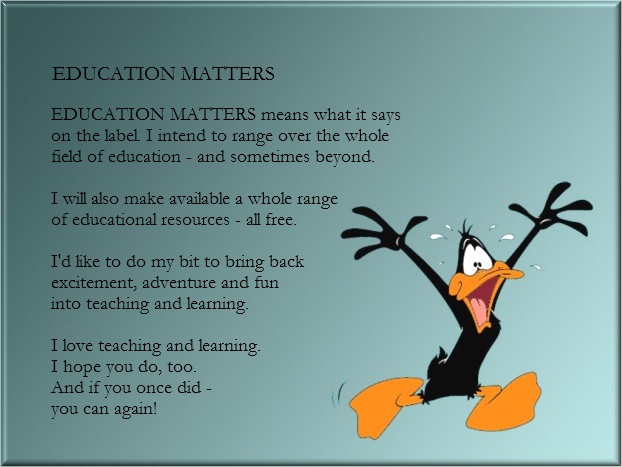Sixth Formers, more than most children, are pack animals. They have an instinctive need to be together; they become unhappy and neurotic when separated or isolated for any length of time. They have a well-developed social system that establishes orderly relations amongst their members, and this system must have an order and a process of communication that helps to promote order. They will not integrate with younger or older members of their kind unless compelled to, and even then they will return to the security of the pack at every opportunity. It should also be understood that Sixth Formers, like all teenagers, know everything about anything they don't have to study.
Sixth Formers quickly organise themselves into 'dominance order', commonly known as the 'pecking order'; this in itself provides a form of security. At the head of the hierarchy a leader occupies the 'alpha' position, the ultimate dominant individual, either the male or female, who directs the activities of the pack. And that leader can only be a Head of Sixth Form, an adult respected and accepted by the pack, who directs their energies and enthusiasms into productive channels.
Sixth Formers are tremendously insecure as they leave behind the security of childhood and begin to navigate the weird, wonderful and often incomprehensible world of adults. Without an alpha leader, Sixth Formers will drift, disengage and eventually depart. They need regular contact in class and outside the classroom with a leader and a group of teachers with whom they can bond. To ask 16, 17 and 18 year olds to behave like the rest of the students around them is asking them to identify with the very body they were so desperate to leave.
Let me repeat, leadership of the pack is a matter of supreme importance. The leader of the pack initiates the play/learning pattern, which direction the pack will travel, when to rest and when it is time to hunt. A well-established leader rarely has his authority challenged. He/she directs pack activities and also takes the initiative in reacting to novelty and change. The leader should be neither despotic nor democratic but a skilful combination of both.
I am intensely grateful that my final years in full-time teaching were devoted to the Sixth Form, and to my tutor group, and I will always think of them as 'JP's children'. I am also hugely grateful to the headteachers who allowed me this privilege, and the freedom to exercise this privilege as I saw fit.

No comments:
Post a Comment